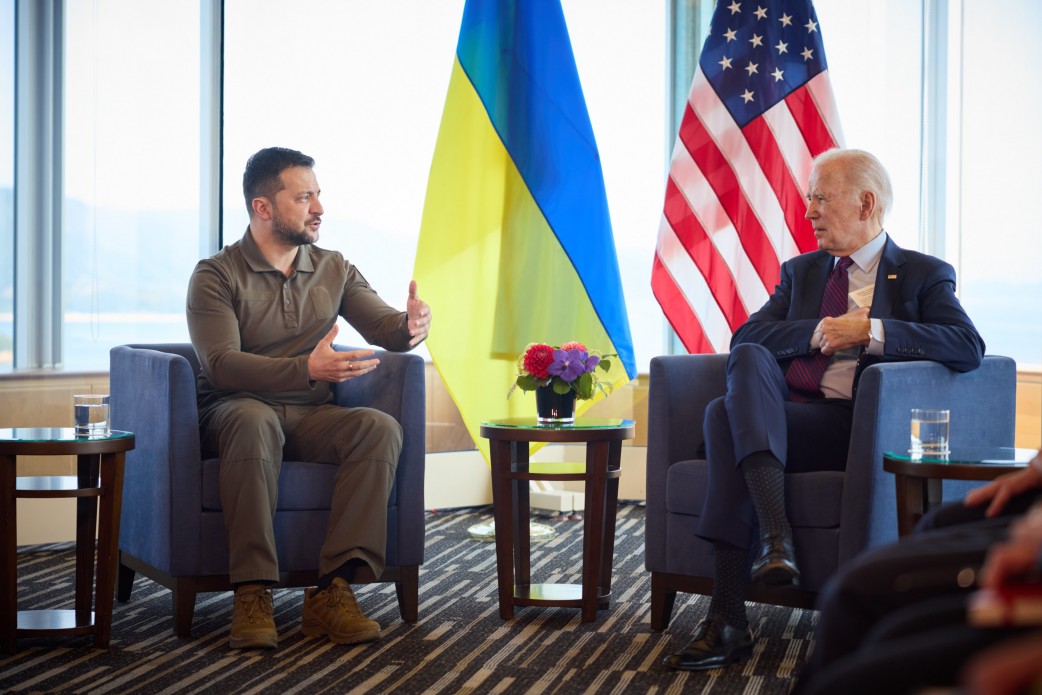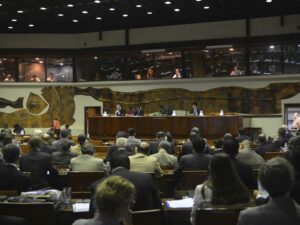
President Joe Biden will host Polish President Andrzej Duda and Prime Minister Donald Tusk at the White House on March 12 to coordinate ahead of the upcoming NATO Summit and discuss the future admission of other countries, including Ukraine, to the Alliance.
White House press secretary Karine Jean-Pierre said in a statement that the leaders “will reaffirm their unwavering support” for Ukraine’s defense against Russia’s invasion and coordinate ahead of the NATO Summit in Washington in July.
Mr. Duda said on March 5 during his visit to the site of NATO’s Steadfast Defender 2024 exercise in northern Poland that among the topics he would discuss with President Biden would be the future expansion of the alliance, including Ukraine’s accession and Polish arms purchases from the United States, according to a statement.
However, the condition for admission to NATO is that an aspiring country must resolve its territorial and international disputes, yet Ukraine has been fighting against Russia’s invasion, which recently entered its third year.
In May 2023, NATO Secretary General Jens Stoltenberg said at an event at the German Marshall Fund in Brussels: “We all agree that Ukraine will become a member of the alliance. … We all agree that NATO’s door is open.”
However, referring to Ukraine, he noted that “to become a member in the midst of a war is not on the agenda.”
The Polish leaders’ meeting with the U.S. president also coincides with the 25th anniversary of Poland’s accession to NATO. After the visit, Mr. Duda will head to Belgium, where he will meet Mr. Stoltenberg, according to a statement by the Polish president’s office.
He also announced in his speech that he would convene the National Security Council on March 11 before his departure to the United States.
The council, an advisory body to the president, is composed of top government and security officials and party leaders and convenes when key national security issues need to be discussed, according to the statement.
According to a post on social media platform X by the Polish Ministry of Foreign Affairs, Polish Foreign Minister Radek Sikorski said during a conference marking the 25th anniversary of Poland’s accession to NATO at the University of Warsaw on March 8: “By joining NATO, Poland overnight found itself on the other side of the tectonic fault that separates the relatively safe West from the dangerous and volatile East. Ukraine is trying to make the same crossing today and needs our support.”
In response to Ukraine’s aspirations for NATO membership, the allies agreed at the 2008 NATO summit in Bucharest, Romania, that Ukraine would become a member of the alliance
At the heart of NATO’s founding treaty is the principle of collective defense, also known as “Article 5.” It stipulates that if any NATO ally is attacked, every other member of the Alliance treats this act as an attack on all NATO members and will take any necessary action to defend the attacked ally.
However, in 2010, the country pursued a nonalignment policy, which it terminated after the Russian annexation of Crimea and the takeover of the Donbas region by Russian-backed separatists in 2014.
In 2017, the Ukrainian parliament adopted legislation making the country’s membership in NATO a strategic objective and enshrined it in the Ukrainian constitution two years later.
The NATO summit in 2023 exempted Ukraine from the Membership Action Plan (MAP), which is a required step in the new member accession process. MAP was introduced to streamline the admission procedure after the first batch of former communist countries in Eastern Europe joined NATO.







